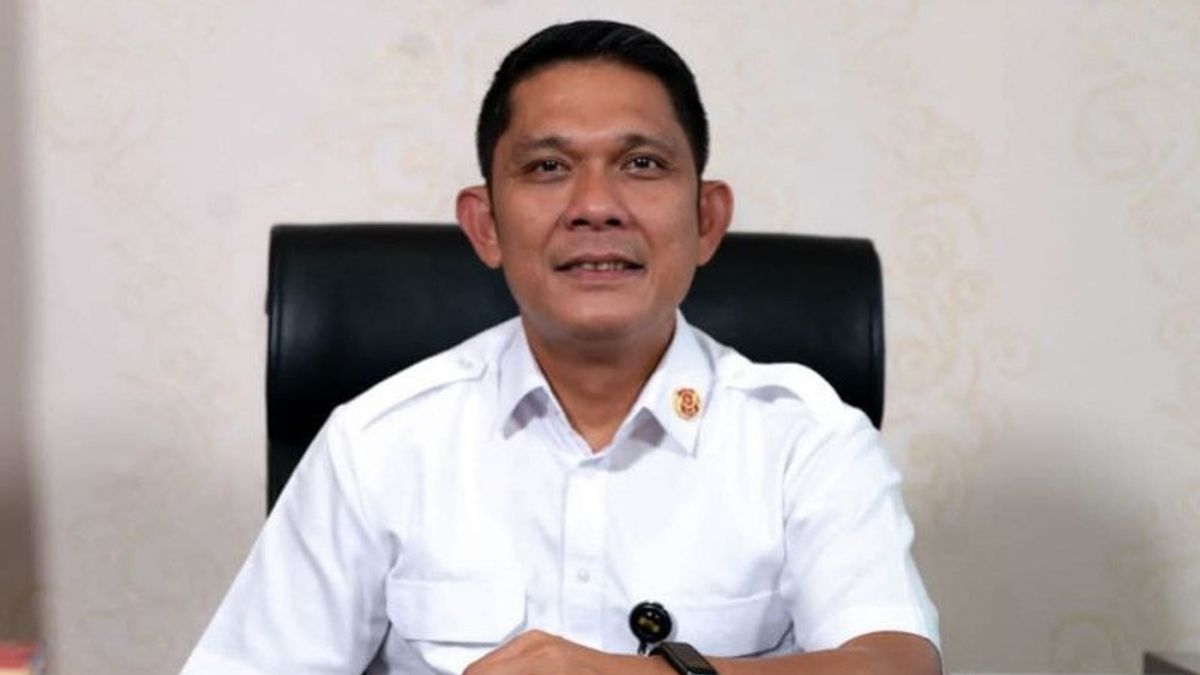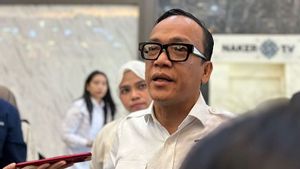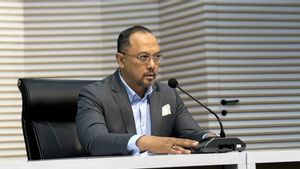JAKARTA - Deputy II of the Presidential Staff Office (KSP) Abetnego Tarigan said the government was trying to provide an adaptive legal umbrella for users of the telemedicine platform.
KSP is ready to support the Ministry of Health (Kemenkes) and other ministries/agencies in responding to regulatory needs for telemedicine services and ensuring that there are no adverse regulatory loopholes.
"The need for legal protection will increase along with the use of telemedicine itself. If later there are cases of ethics, malpractice, fraud, moral hazard and the like from the side of the patient or the doctor, we are ready to handle it. This is still the government's homework to solve study in more detail, potential problems that will occur," said Abetnego in a statement received in Jakarta, Antara, Monday, February 14.
Abetnego conveyed that President Joko Widodo paid great attention to the development of telemedicine which is an important pivot in health services, especially related to COVID-19.
“The government will make smart regulations to keep pace with the rapid development of technology and innovation. Health services through telemedicine are basically internet-based and must have good regulations. For that, it must be supported by the availability of adequate basic infrastructure," he explained.
He said the implementation of telemedicine was contained in the Minister of Health Regulation 20/2019 and Kepmenkes 01.07 of 2021. KSP itself considered that there were still regulatory loopholes that should have been responded to to ensure that telemedicine services could run more optimally.
Some of these regulatory loopholes include the guarantee of private data protection, the confidentiality of medical records that are integrated between health facilities (faskes), and legal protection, especially for medical personnel who provide services.
In line with Abetnego, the representative of the Directorate General of Health Services at the Ministry of Health, Rico Mardiansyah, in a webinar with The United Nations Development Program (UNDP), last Saturday also emphasized the importance of regulations related to telemedicine.
Moreover, according to him, the need for harmonization of policies also needs to be done immediately to fill the current legal vacuum.
“Legal protection and legal certainty for health workers need to be encouraged so that the provision of the best health services for people throughout Indonesia can be achieved. The law itself must be dynamic in responding to the modernization of health services,” said Rico.
The English, Chinese, Japanese, Arabic, and French versions are automatically generated by the AI. So there may still be inaccuracies in translating, please always see Indonesian as our main language. (system supported by DigitalSiber.id)













